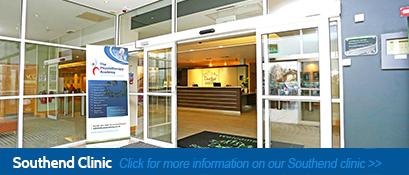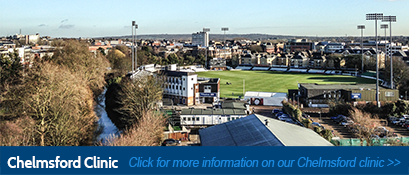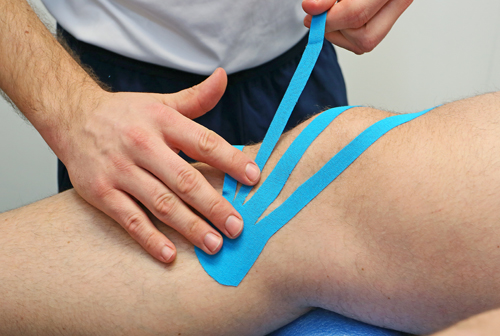Mid back pain (Thoracic)
What it is?
Thoracic (mid back) pain is common throughout life but is not as well understood as neck or low back pain. Thoracic back pain can often worry individuals as it is more often linked to serious spinal pathology than low back or neck pain. However it is also prevalent among healthy active individuals without any serious underlying pathology.
The most commonly seen cause of thoracic back pain originates from muscular irritation, strain, joint dysfunction or other soft tissue injuries. The causes of this type of pain may be numerous including poor posture, lack of strength, poor core control, prolonged sitting at a computer or workstation, overuse injuries or trauma.
Medical research has highlighted that thoracic back pain has a higher prevalence in children and adolescents, particularly female gender. This has been attributed to posture, backpack usage, backpack weight, specific sport participation, other musculoskeletal conditions and chair height at home or school for schoolwork.
What we do?
Our highly skilled expert clinicians would carry out a thorough assessment, including a detailed history and full clinical examination, to determine the cause of your back pain. The presentation of thoracic pain often depends on the underlying cause. As physiotherapists we are trained to screen and rule out any serious pathology or causes for mid back pain.
What the benefits are?
Physiotherapy has the benefit of early diagnosis and treatment. Thoracic back pain often causes severe restrictions and exclusion from employment, domestic, leisure and recreational activities. Early intervention aims to reduce time spent missing out on these activities and relieving pain experienced from the condition.
How we can help?
At The Physiotherapy Academy our highly skilled clinicians can carry out thorough assessments to ascertain the cause of your thoracic back pain and help you on the road to recovery as quick as possible.
Treatment depends on the underlying pathology but it may include:
- Manual treatments including mobilisations and manipulations
- Massage therapy and soft tissue techniques
- Graded exercise programs
- Flexibility exercises and stretching
- Acupuncture
- Taping
- Hydrotherapy
- Postural education
- Ergonomic advice and education
- Strengthening exercises
- Trigger point therapy
- TENS
What should you do?
You can help yourself by keeping active. The spine is designed to move and bed rest or refraining from gentle activity can make things worse.
Ensure you maintain a good posture especially if you sit for prolonged periods of time at a desk or workstation.
Take simple pain relief to allow yourself to keep active.
Seek help from The Physiotherapy Academy or your GP to get an accurate diagnosis and the correct treatment for your condition.
To arrange an appointment or speak to a physiotherapist, call or email on:
Southend on Sea: 01702 521 042 or info@physioacademy.co.uk
Chelmsford: 01245 254 069 or chelmsford@physioacademy.co.uk





























